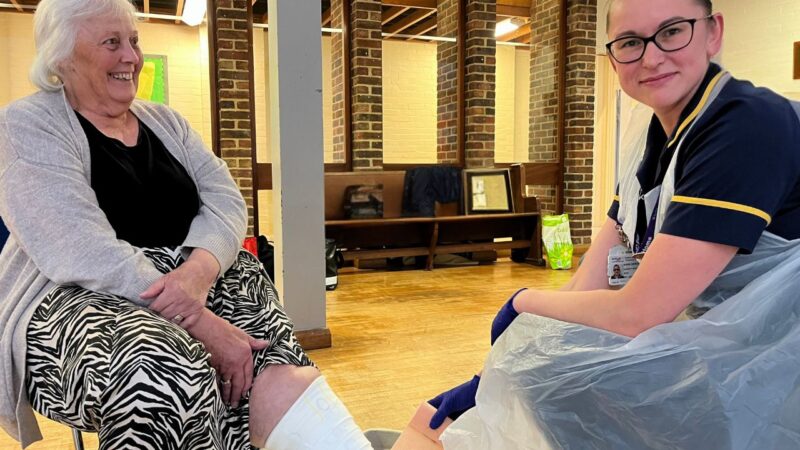According to Sutton GP Dr Kate Mayer, transforming the NHS starts in local communities. “Neighbourhood health is such an exciting opportunity to make a real difference – to empower our community to support each other to be healthy. It’s about celebrating the wonderful champions within our neighbourhoods.”
The concept of neighbourhood health is a buzzword right now, and central to government’s 10 Year Health Plan. Put simply, it’s about bringing together the full range of health, community and voluntary services that have an impact on people’s wellbeing at a local level.
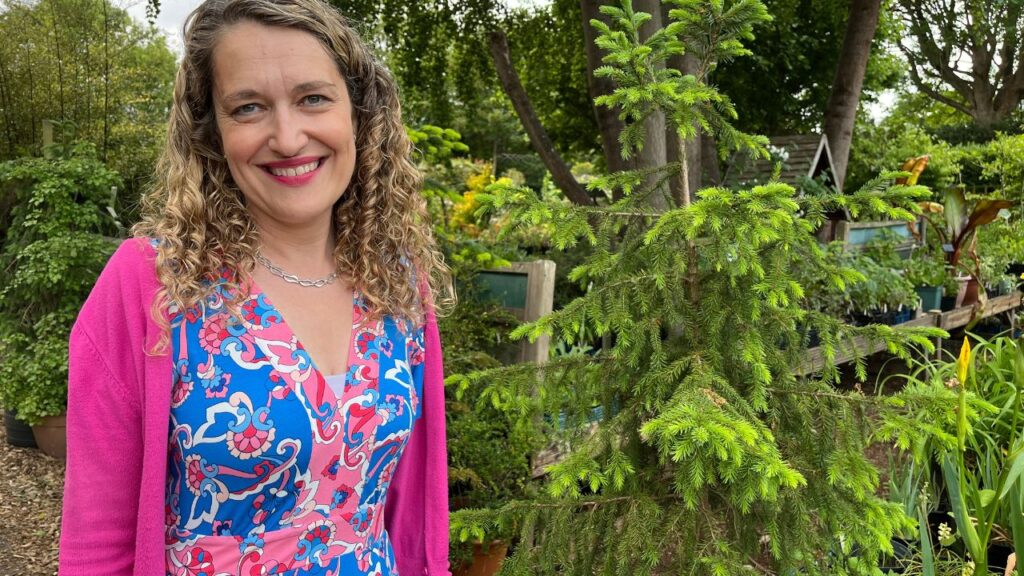
As Kate (above) explained: “Neighbourhood working is a more personal and joined-up way of delivering healthcare. It brings together different professionals to support people where they live, helping them connect with local groups that care for their whole wellbeing. It’s supporting their medical and social needs holistically.”
This way of working is central to the 10 Year Plan and its three shifts – from treating disease to prevention, analogue to digital and hospital to community, bringing quality care closer to home.
It’s about celebrating the wonderful champions within our neighbourhoods.”
But in Sutton, this type of neighbourhood working isn’t new. For over five years the borough’s four integrated neighbourhood teams have been enabling communities to drive positive health changes, with a focus on secondary prevention of cardiovascular disease (preventing the disease in people with an established risk).
Kate said: “One way we are addressing heart disease is by bringing simple health checks – like blood pressure and cholesterol tests – into community settings. We’re also setting up group consultations for people with cardiovascular risk factors, in welcoming community spaces, paired with healthy activities like cooking.”
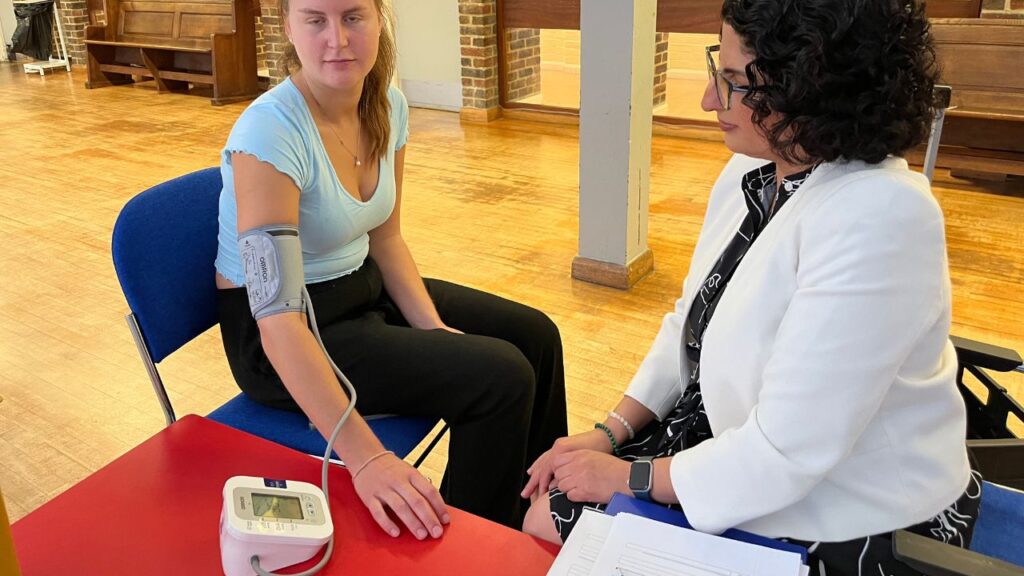
A good example of preventative, community-based care is happening around the Singing Sensations group. Created by the community for older people, especially those with dementia and their carers, it meets in Cheam Baptist Church each Wednesday morning. Already an established and well-loved event, the group is now the venue for additional health services.
People who would have been isolated waiting at home for the district nurse will now be given transport to attend the church hall for their treatment.”
People can attend the church hall to receive care from a district nurse. At the same time, they can have a cardiovascular health check from a community pharmacist and take part in group activities such as singing and chair-based exercises.
As Ann Finch, operational manager for community nursing with Sutton Health and Care and co-chair with Kate of the local neighbourhood team, explained: “We’ve expanded care at the group to include on-site wound care. District nurses attend to dress leg ulcers and provide nursing support to people at risk of cardiovascular disease. It means patients can receive treatment in a social setting with the chance to connect with others – all in one visit.”
Kate added: “We’ve also been working with Orchard Hill, a college for young adults with additional needs. They asked for support to enable students to cook heart-healthy food. So we arranged for a supermarket to donate food to one of our community settings.
“Going forward we would like the students to serve the food they cook to the people at risk of cardiovascular disease, who attend Singing Sensations. So people who would have been isolated waiting at home for the district nurse will now be given transport to attend the church hall for their treatment.
“They’ll be offered a cardiovascular health check, the chance to join an activity, and be served a healthy lunch, with extra food packaged up for them to heat up at home, if they wish.”
Cheam and South Sutton’s neighbourhood team has also been supporting residents to create a health and wellbeing hub in nearby Seears Park, which would offer preventative, community-based care. Local people have drawn up plans to develop Quarry Cottage in the park into a diagnostics centre, consultation space and venue for group cooking, exercise, dance and craft sessions.
Many people already use the adjacent Your Space, a community garden and base for volunteer projects such as special educational needs school support, wellbeing groups and a dementia cafe. As well as the many regular sessions, anyone can drop in to enjoy the gardens, have a chat and find support from people in the area. There are books to borrow, toys for children and fresh food to take away too.
This neighbourhood approach recognises that people’s health is shaped by their housing situation, employment, education and connection to their community. Projects like those at Your Space and Quarry Cottage respond to the complex health needs of communities and the issues that affect them right now – an ageing population, loneliness, unequal access to care and the need for preventative rather than reactive health services.
Earlier this summer, health and care leaders across London formally backed plans for a neighbourhood health service across the capital, marking a major milestone in the capital’s journey to transform health and care.
How does neighbourhood health work in practice?
Reactions from Singing Sensations
Hamid – consultant psychiatrist
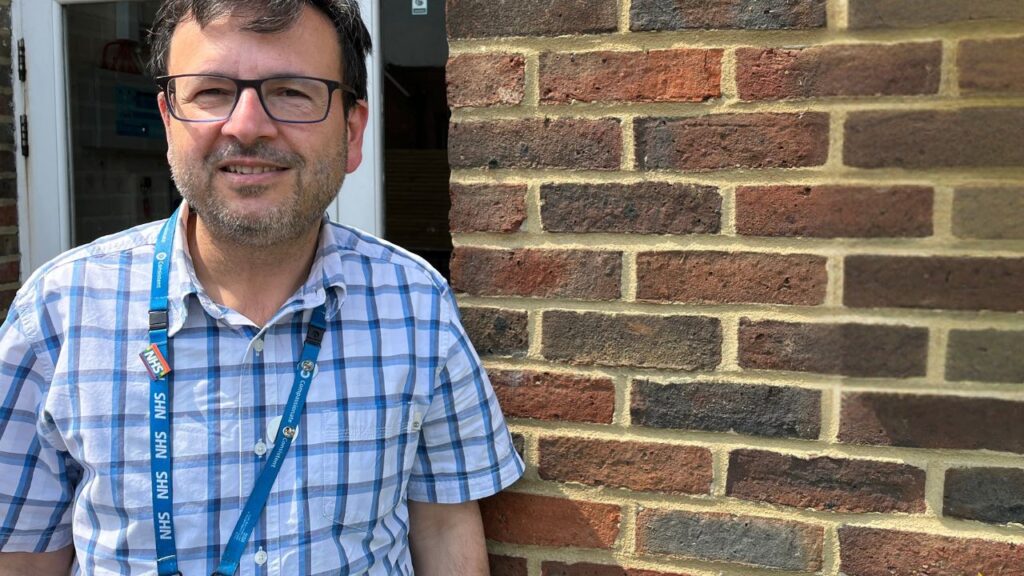
This is a good approach because we work as a team with different disciplines, physical health, mental health and social aspects. This activity is a good example of the support available in the community to improve mental wellbeing.
Anna – district nurse
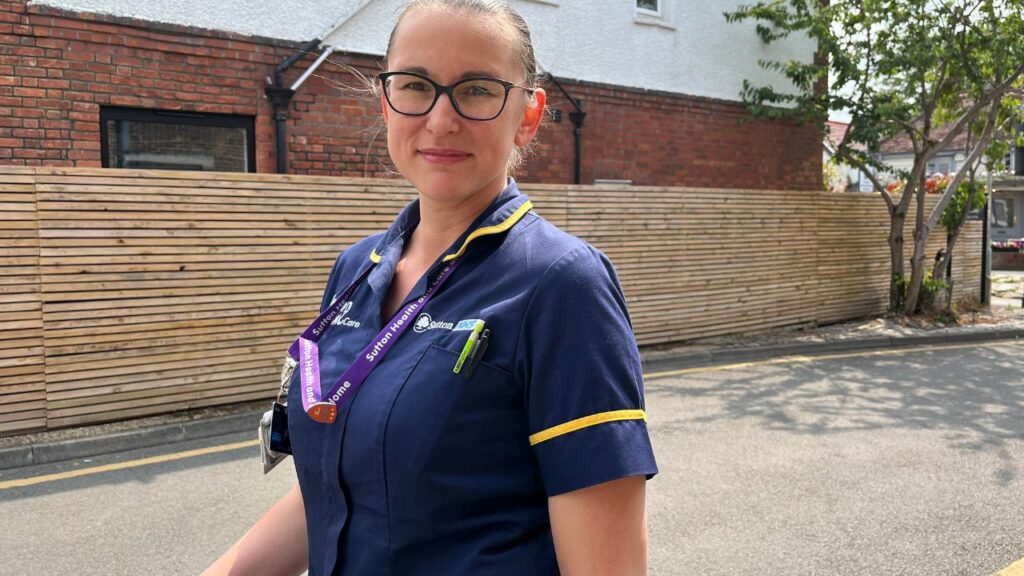
We have patients in the community who live alone and are isolated. Coming to the leg ulcer club will help them socialise with other people, make new friends and, at the same time, get their dressing changed as well as blood pressure and blood glucose checked.
Reena – community pharmacist
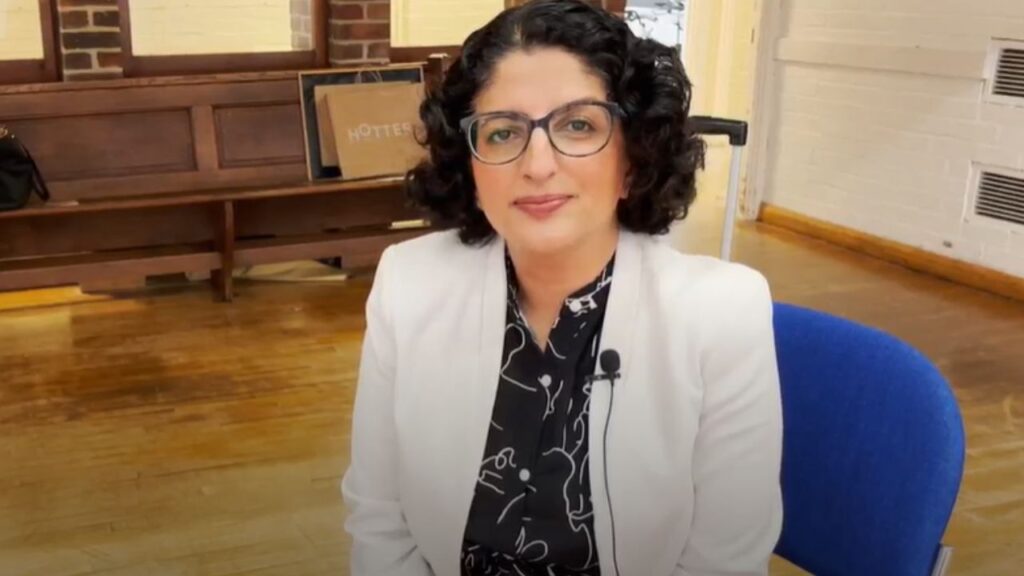
It’s about working with people, not telling them what to do, but identifying what their problems are and trying to help them come up with the solutions to help their health.
Gail – Singing Sensations member
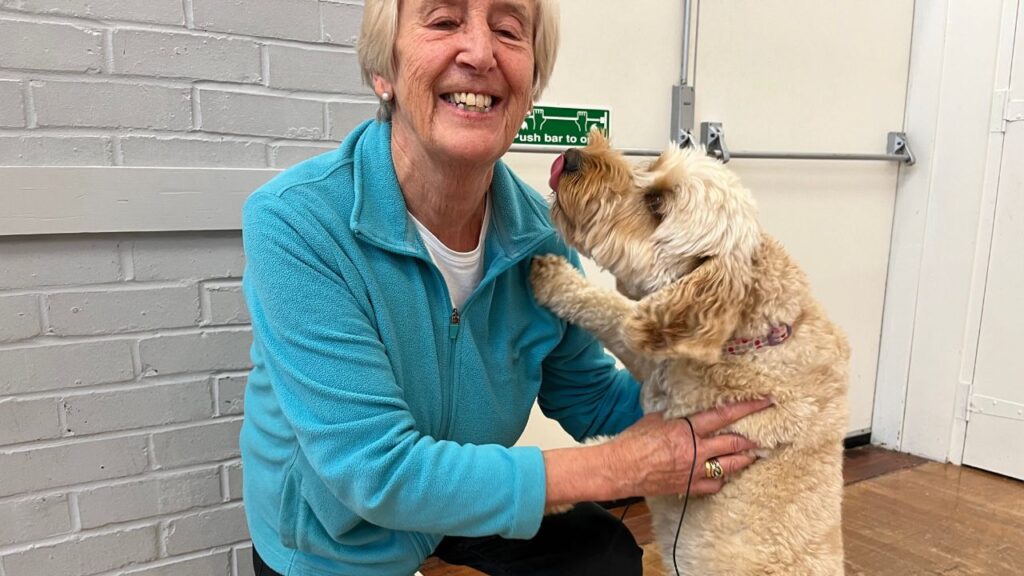
This group is really good for people because carers become, as I know from the past six years, very isolated. It’s nice you can be pointed to where to go for all kinds of things from blood pressure to dementia activities.
Adam – Singing Sensations group leader
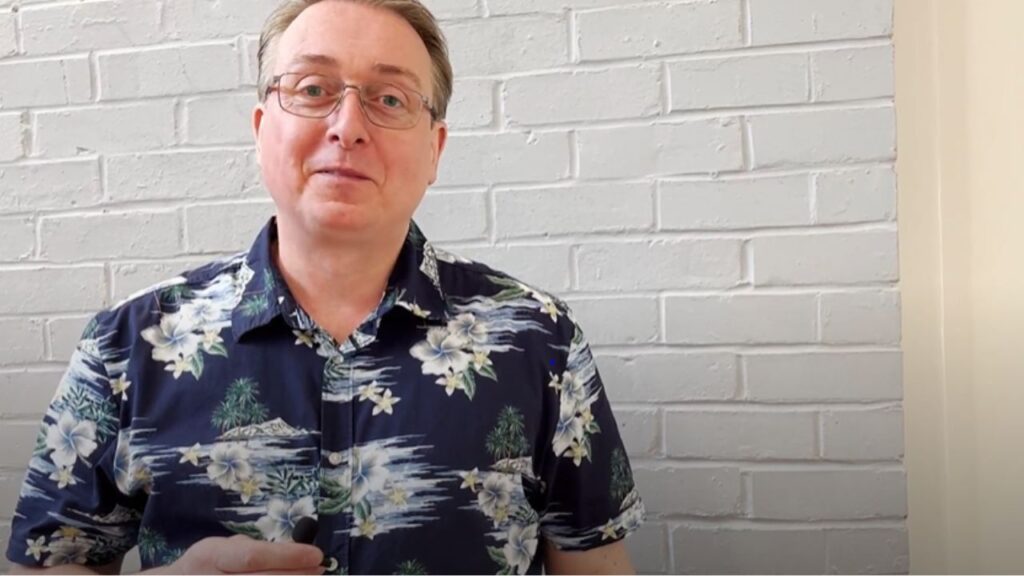
I’m really looking forward to seeing where it goes because I think it’s wonderful. We’ve just had some people from our group come over to see the doctor and the medical team here. I’m really positive about it.
